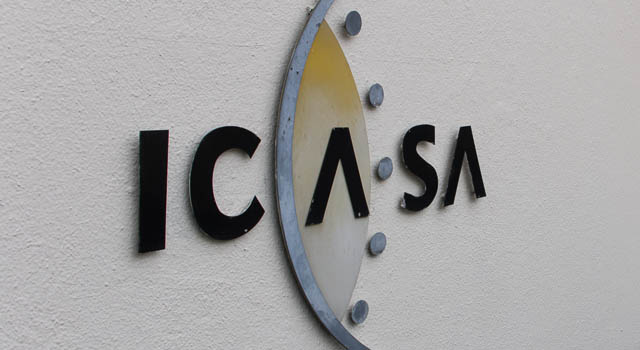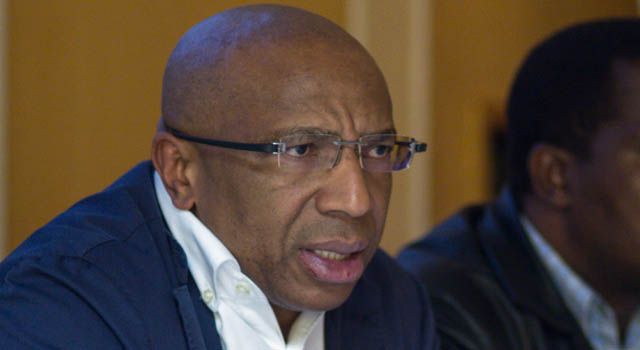
The stage is set for an epic showdown between South Africa’s telecommunications operators. This Friday, telecoms regulator Icasa will publish draft call termination regulations outlining its position on further cuts to termination rates and the introduction of asymmetry for smaller players.
Termination rates have become a hugely contentious issue for both mobile and fixed-line operators in South Africa. Previous reductions in the rates have led to a marked decrease in rates, especially for the prepaid users that make up the bulk of the market. Icasa will be keen to cut the wholesale charges further if they’re likely to result in even lower retail rates.
That further cuts will happen seems inevitable. Where the real battle will lie is over whether or not to give smaller operators an advantage called “asymmetry”, whereby they pay bigger operators less to carry calls onto their networks than the other way around.
Cell C CEO Alan Knott-Craig is lobbying hard for asymmetry for any player with less than 25% market share — that includes Cell C, with its 17% slice of the market — but his competitors, MTN and Vodacom, have cried foul. The two bigger operators argue that Cell C has been in the market for more than 13 years and, as such, there is no cogent argument for allowing the company to benefit from a skewed tariff regime.
The draft regulations to be published on Friday are the outcome of a review of the 2010 regulations and form part of Icasa’s “cost to communicate” programme to reduce telecoms costs in South Africa.
Thanks to regulatory intervention by Icasa, mobile termination rates have been gradually reduced over the last three years, from R1,25/minute in peak calling time to 40c/minute from March 2013.
The regulator was always expected to revisit the issue, with various industry players calling for further reductions. A further, multi-year glide path of reductions looks set to be introduced from March 2014.
Icasa says it “recognises the importance of providing surety to all stakeholders on the future of termination rates” and has previously “issued its views that the cost of termination on a mobile network may be as low as 15c”.
Knott-Craig has argued previously that the rate should be as low as 10c, but argued for aggressive asymmetry for smaller players. He went as far as to threaten legal action over the matter in April, saying that revision of the rates was necessary to “protect our company and the industry” and that it was “also in the interest of consumers”. MTN South Africa CEO Zunaid Bulbulia has said previously that asymmetry “distorts the market, undermines competition and harms consumers”.

Telkom group CEO Sipho Maseko, meanwhile, supports a change in call termination rates, which he said last week unfairly discriminate against Telkom in favour of the mobile operators.
Maseko said after last Friday’s Telkom annual general meeting that it was correct for the mobile operators to have enjoyed a favourable termination rate regime that disfavoured Telkom — then a monopoly — when they were launched. But that should have ended in 2000.
“The subsidy has continued, which is very unjust,” Maseko said. “There is an accumulated value of a 10-year subsidy that Telkom has paid, which needs to be sorted out.” — (c) 2013 NewsCentral Media




